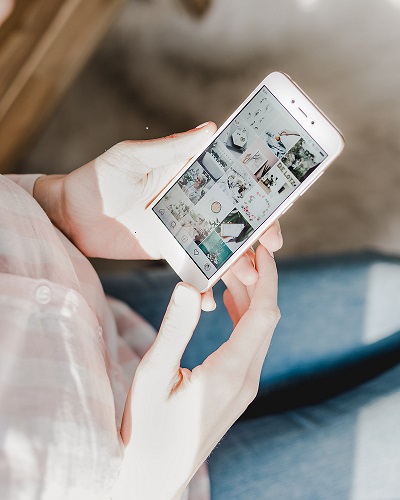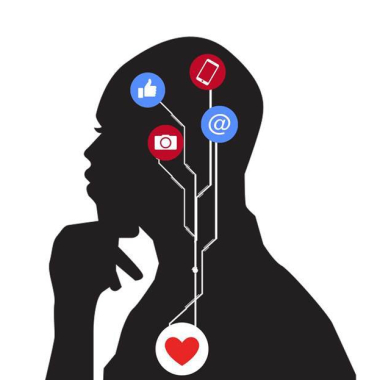By Claire Stewart, psychology student, University of Strathclyde
Around 1.25 million people in the UK have an eating disorder, says the charity Beat, and 25% of those affected are male, but many more show some form of unhealthy eating behaviour.
Social media can be experienced by users with eating disorders as either a help or a hindrance to their condition: it can offer support and advice during a recovery period but can also encourage unhealthy behaviours and increase difficulties. But in most research studies, it is viewed as only positive or only negative, while in reality it is likely both, say the authors of a recent study.
This prompts the following question: How do women with eating disorders use social media?

The authors Elizabeth Eikey and Kayla Booth interviewed 16 women with eating disorders about their use of social media and found that their most used platform was Instagram and it was experienced in the following way:
Instagram as a recovery tool
- Learn about recovering by looking at images of women who have recovered from their own eating disorders
- Track their recovery and celebrate their victories by posting photos of healthy meals or of themselves post-workout
- Learn about foods and workouts from other accounts to develop a healthy diet and workout routine which they enjoy
- Create awareness and reduce stigma of eating disorders by discussing their own circumstances, creating a safe space for others and encouraging healthy weight loss
Instagram as a maintenance tool
- Maintain their own eating disorders by looking at images of food and visually consuming food, by following thinspiration accounts, or by posting revealing images of themselves for compliments and affirmation
- Compare themselves to others, including fashion models and fitness accounts, and comparing what they eat
How can people be educated about eating disorders?
The authors conclude that Instagram serves as a double-edged sword and can he helpful and harmful at the same time. To maximise the benefits and minimise any potential damage, healthcare providers should discuss social media use with their patients. It is also important to reduce the stigma behind eating disorders through discussion and education, which begins in the classroom. Discussion can encourage those with unhealthy eating behaviours to tell others and seek help, as well as discourage judgement from others.
